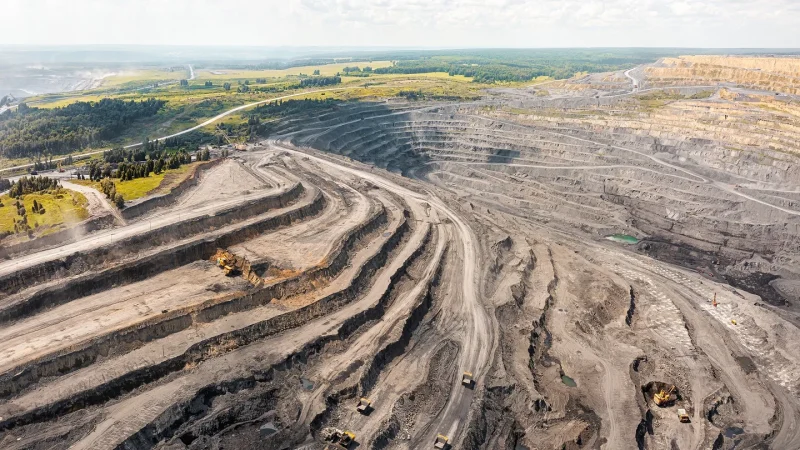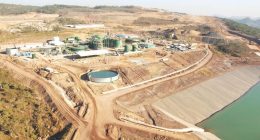Nigeria has emerged as a major supplier of lithium, a mineral that is needed to make batteries for electric cars and power storage devices, as the demand for the mineral grows globally. Unfortunately, a large portion of the nation’s lithium is mined and sold illegally, costing the Nigerian government millions in lost tax income and impeding attempts to control the mining industry.

In places like Kwara and Nasarawa, large mining trenches are excavated by indigenous labourers without supervision or safety rules, giving rise to a plethora of illicit mining enterprises. Because there is no regulation, traders like Oganyi Franklin have profited from it by selling lithium that has been obtained illegally on websites like Facebook and TikTok. These platforms have grown in popularity as unregulated mineral marketplaces, facilitating communication between traders with purchasers, a large portion of whom are foreigners.
In an effort to combat the problem, the Nigerian government has sent security troops and mine marshals to crack down on illicit mining operations. Nonetheless, corruption and shoddy regulatory frameworks have hampered government attempts, and the problem’s scope is enormous. In order to transfer their goods, traders in the states of Kwara and Oyo report paying illegal revenues to the local governments; bribery along transportation routes is also frequent. This keeps the illegal trade mostly unregulated even if Nigeria’s economy is at jeopardy.
The absence of reliable data regarding lithium exports is one of the main obstacles. These sales are not monitored by the National Bureau of Statistics, which suggests that there are large-scale illegal financial transfers. This denies the nation essential income that might be allocated to infrastructure and development initiatives.
In order to effectively regulate the industry, the Ministry of Solid Minerals Development is trying to reform Nigeria’s mining laws and create the Nigeria Solid Mineral Corporation, a new regulatory organisation. Nonetheless, the illicit lithium trade is likely to continue if enforcement and transparency are not strengthened, which will impede Nigeria’s attempts to capitalise on its mineral richness and shift to a more sustainable and regulated extractive industry.













